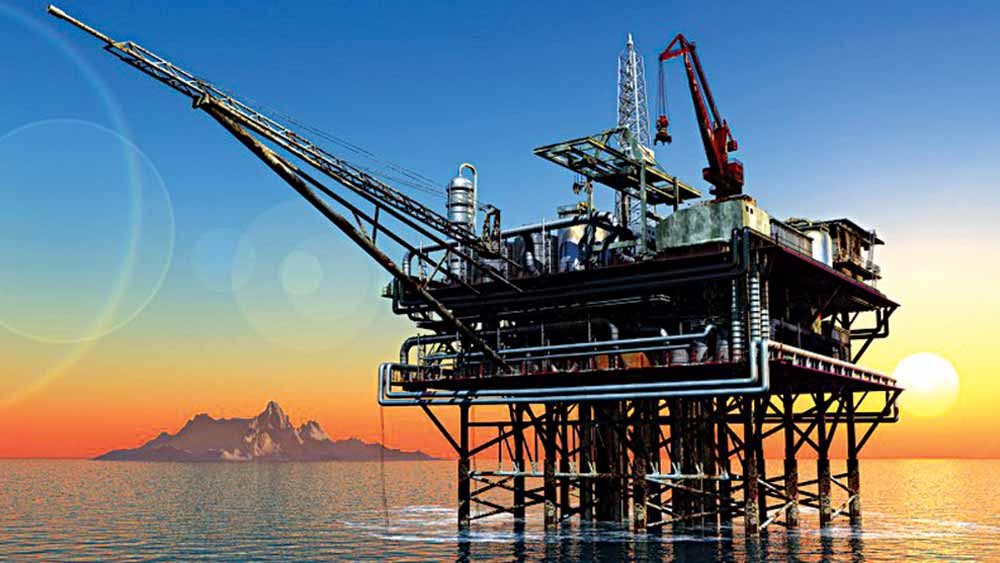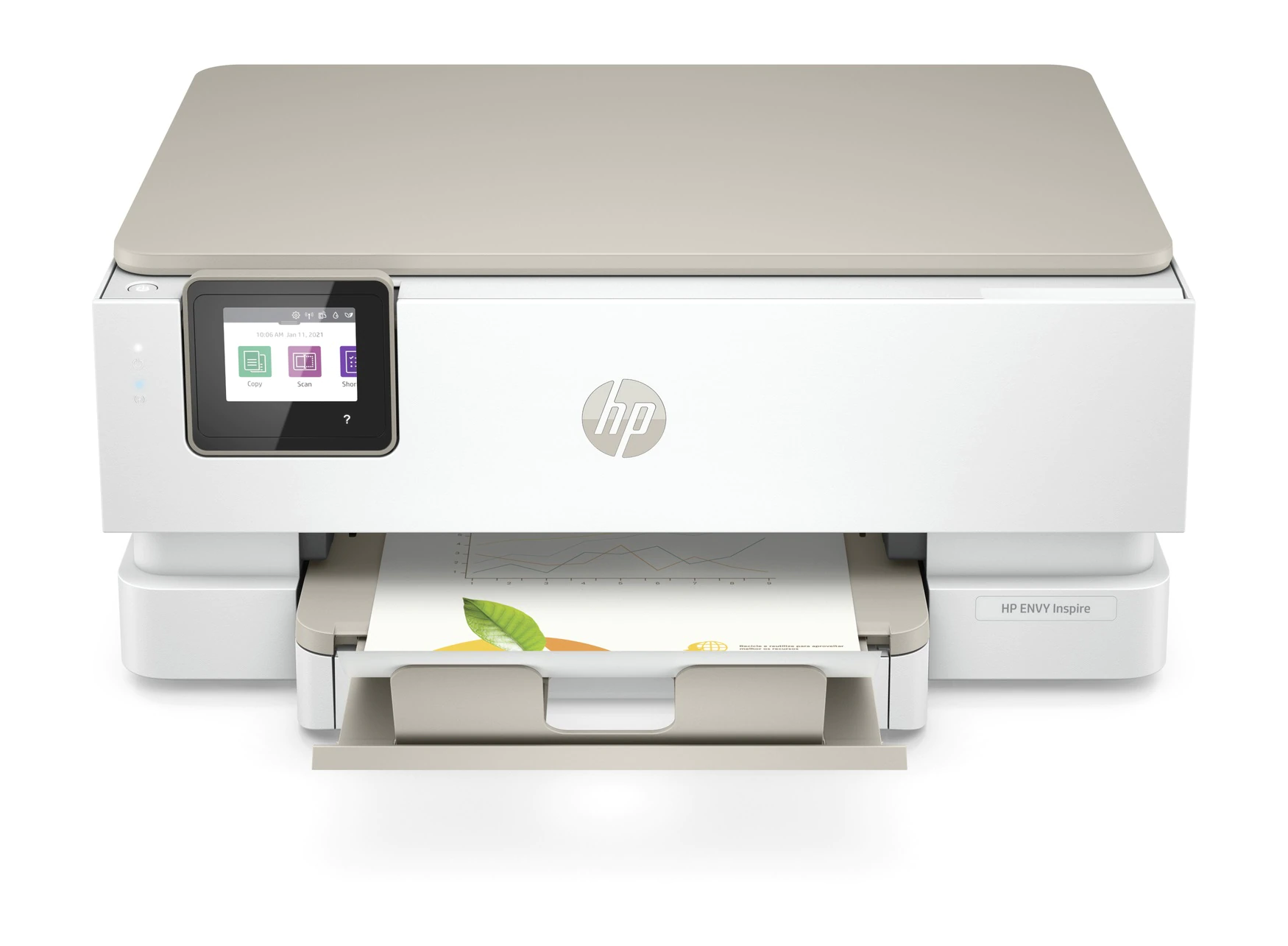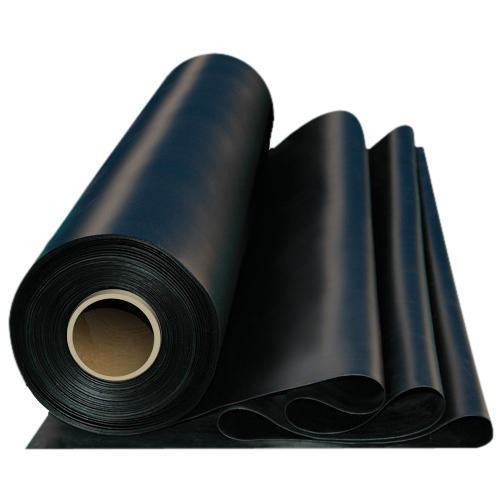How to Buy and Export Crude Petroleum from Angola: A Step-by-Step Guide
How to Buy and Export Crude Petroleum from Angola: A Step-by-Step Guide
The oil and gas industry is an extremely complex sector with its own unique terminology, regulations, and supply chain. It is also a very challenging one to break into as an outsider. As a result, it can be difficult for businesses to know where to start when looking at opportunities in this area. This guide aims to give you the information you need to buy and export crude petroleum from Angola. It covers the basics of the oil and gas industry so that you can understand how it works, what types of roles exist within it, and what steps you need to take in order to get started as a buyer or exporter of crude petroleum from Angola. Keep reading to find out all you need to know about buying and exporting crude petroleum from Angola.
What is Crude Oil?
Crude oil is a naturally occurring, flammable hydrocarbon liquid that is composed of a mixture of organic compounds. It is found in the ground and extracted by drilling wells into oil wells, usually deep under the sea or land. The price of crude oil fluctuates with demand and supply. It is a global commodity that is traded on a daily basis. As a result, it is a very complex product that is bought and sold in a wide range of quantities throughout the world. In terms of the refining process, crude oil is first put into an onshore or offshore tank before being transported to an oil refinery. Once there, it undergoes various processing to extract different types of petroleum products such as naphtha, kerosene, gas oil, and others.
Why Buy and Export Crude Petroleum?
Crude oil is a raw material that is used to create a wide range of petroleum products, including gasoline, diesel, aviation fuel, and heating oil. These are all essential in day-to-day life and for the functioning of business. When buying and exporting crude petroleum from Angola, you are supplying an essential raw material to refineries around the world. This is an investment in the future of the global economy. The more crude petroleum you can get your hands on, the more you will stand to make in the long term by supplying it to refineries. Another reason to buy and export crude petroleum from Angola is that it can be a lucrative industry with high barriers to entry for new players. This means that demand for crude petroleum is high and that the commodity is in relatively short supply. When this happens, the price of crude petroleum increases due to refineries needing to pay more to stay in business. This creates an excellent profit opportunity for exporters.
Angola’s Oil Industry – A Brief History
Angola’s oil industry has changed a lot since it first began in the 1970s. At the time, oil was found in the northern and southern parts of the country. However, the majority of the southern oil fields dried up in the 1990s. As a result, a large majority of the oil wells in Angola are now located in the northern part of the country. This has resulted in the industry being dominated by international companies who are the owners of most of the wells. There are two ways to go about buying and exporting crude petroleum from Angola’s oil industry. The first is to sign a production sharing contract (PSC). These are agreements that are made with the government of Angola. They are generally long-term contracts, lasting for up to thirty years, and provide a guaranteed minimum payment for the seller. The second option is to buy a crude oil export contract. These are short-term agreements where the seller is not guaranteed a minimum payment. They are usually made with state-owned oil company Sonangol.
The Players in Angola’s Oil Industry
There are three main players in Angola’s oil industry: the government, the state-owned oil company Sonangol, and international oil companies. The government of Angola is the owner of all natural resources in the country, including crude petroleum. As such, the government is in charge of selling the rights to produce crude petroleum in the country. The decision on who gets to buy crude oil in Angola is made by the Ministry of Hydrocarbon, the National Oil Company, and the General Directorate of Petroleum. Sonangol is the state-owned oil company of Angola. It is in charge of refining the crude petroleum and marketing it both locally and internationally. It owns all the oil wells in Angola and is responsible for signing the production sharing contracts. International oil companies are foreign companies that are legally allowed to buy crude petroleum in Angola. They produce the barrels of crude oil and sell them to the state-owned oil company, who then sells them on to refineries around the world.
Contract Types for Exporting Crude Petroleum from Angola
The first type of contract you can enter into to sell crude petroleum from Angola is a production sharing contract (PSC). These types of contracts are usually made with the government of Angola and last for up to thirty years. They provide a guaranteed minimum payment for the seller, no matter what happens to the crude oil market. The second type of contract that you can enter into to sell crude petroleum from Angola is a crude oil export contract. These are short-term agreements with the state-owned oil company Sonagol. The seller of the crude petroleum is not guaranteed any minimum payment with this contract type. Production sharing contracts are more common for buying and exporting crude petroleum from Angola. This is because there is a guaranteed minimum payment for sellers regardless of how the market performs. The crude oil export contract is less common because it is less secure for sellers.
Step by step guide on how to buy and export crude petroleum from Angola.
This step-by-step guide will walk you through the process of buying and exporting crude petroleum from Angola. It covers the following topics: – What is crude petroleum? – Why buy and export crude petroleum? – The basics of Angola’s oil industry – The players in Angola’s oil industry – Contract types for exporting crude petroleum – How to go about buying and exporting crude petroleum
What is crude petroleum?
Crude petroleum is a naturally occurring, flammable hydrocarbon liquid that is composed of a mixture of organic compounds. It is found in the ground and extracted by drilling wells into oil wells, usually deep under the sea or land.
Why buy and export crude petroleum?
Crude petroleum is a raw material that is used to create a wide range of petroleum products, including gasoline, diesel, aviation fuel, and heating oil. These are all essential in day-to-day life and for the functioning of business. When buying and exporting crude petroleum from Angola, you are supplying an essential raw material to refineries around the world. This is an investment in the future of the global economy. The more crude petroleum you can get your hands on, the more you will stand to make in the long term by supplying it to refineries. Another reason to buy and export crude petroleum from Angola is that it can be a lucrative industry with high barriers to entry for new players. This means that demand for crude petroleum is high and that the commodity is in relatively short supply. When this happens, the price of crude petroleum increases due to refineries needing to pay more to stay in business. This creates an excellent profit opportunity for exporters.
The basics of Angola’s oil industry
Angola’s oil industry has changed a lot since it first began in the 1970s. At the time, oil was found in the northern and southern parts of the country. However, the majority of the southern oil fields dried up in the 1990s. As a result, a large majority of the oil wells in Angola are now located in the northern part of the country. This has resulted in the industry being dominated by international companies who are the owners of most of the wells. There are two ways to go about buying and exporting crude petroleum from Angola’s oil industry. The first is to sign a production sharing contract (PSC). These are agreements that are made with the government of Angola. They are generally long-term contracts, lasting for up to thirty years, and provide a guaranteed minimum payment for the seller. The second option is to buy a crude oil export contract. These are short-term agreements where the seller is not guaranteed a minimum payment. They are usually made with state-owned oil company Sonangol.
The players in Angola’s oil industry
There are three main players in Angola’s oil industry: the government, the state-owned oil company Sonangol, and international oil companies.








LEAVE A COMMENT
You must be logged in to post a comment.